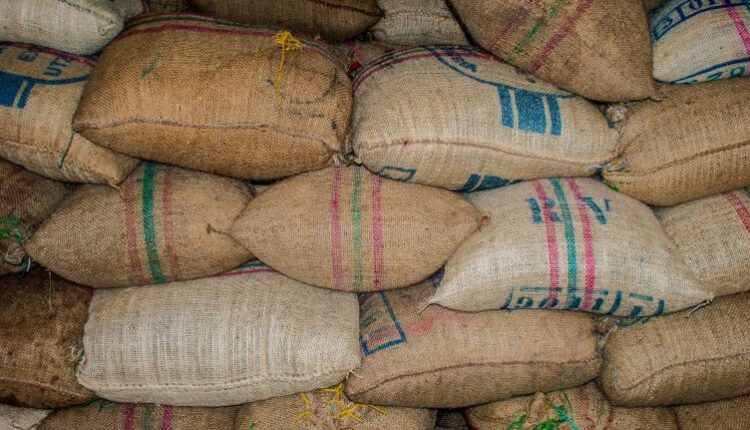Malaysian Cafe Owners Rethink Pricing Strategies As Cost Of Coffee Skyrockets – CoffeeTalk
Malaysian cafe owners are facing challenges as coffee bean prices reach record highs. The cost of coffee beans, particularly from major suppliers Brazil and Vietnam, is expected to rise further in 2025 due to adverse weather conditions and supply shortages, driven by high global demand. Brazil has experienced one of its worst droughts in history, followed by frost and excessive heat, which severely reduced crop yields. Vietnam, the top producer of Robusta beans, has struggled with prolonged droughts and heavier-than-usual rainfall.
The price of Arabica beans reached nearly US$3.50 (RM15.75) per pound in December 2024, marking its highest level since 1977, marking an 83% increase in 2024. Robusta beans, mainly used in instant coffee, have also seen a sharp price jump, rising 73% to US$5,885 per tonne in November 2024. Cafe owners in Kuala Lumpur are now facing difficult decisions, but they remain optimistic, believing that “coffee consumption is more than just a drink; it is a lifestyle.”
Kampung Brew owner Che Wan Sufian Che Wan Abdullah expressed concern that the global coffee bean price hike, which could reach up to 25%, is worrying local coffee shop owners. He believes that customers will continue to support local businesses despite the price increases. Ellina Amin, 37, owner of Whatever Works Coffee in Kampung Datuk Keramat, said her business is keeping its beverage offerings stable, as the current coffee-bean pricing offers enough flexibility to adjust without drastic hikes.
As coffee bean prices continue to climb, cafe owners and consumers may agree that perhaps it is time for Malaysia’s coffee industry to achieve greater recognition as a specialty-grade producer. This could help reduce reliance on imported beans and enhance the local coffee market. Cafe owners will need to reconsider both their pricing strategies and production methods, with raw material costs expected to rise significantly. They could either pass these costs onto customers through higher prices or look for ways to reduce overhead expenses. In the meantime, perhaps it is time to sit back and smell the coffee.
Read More @ The Edge
Source: Coffee Talk



